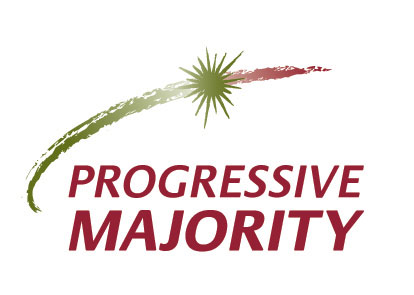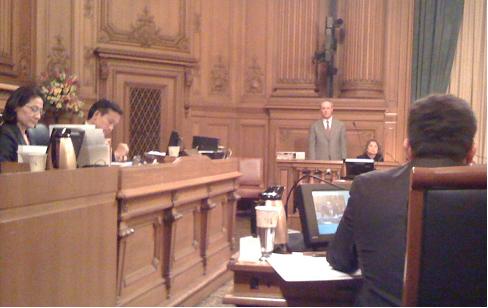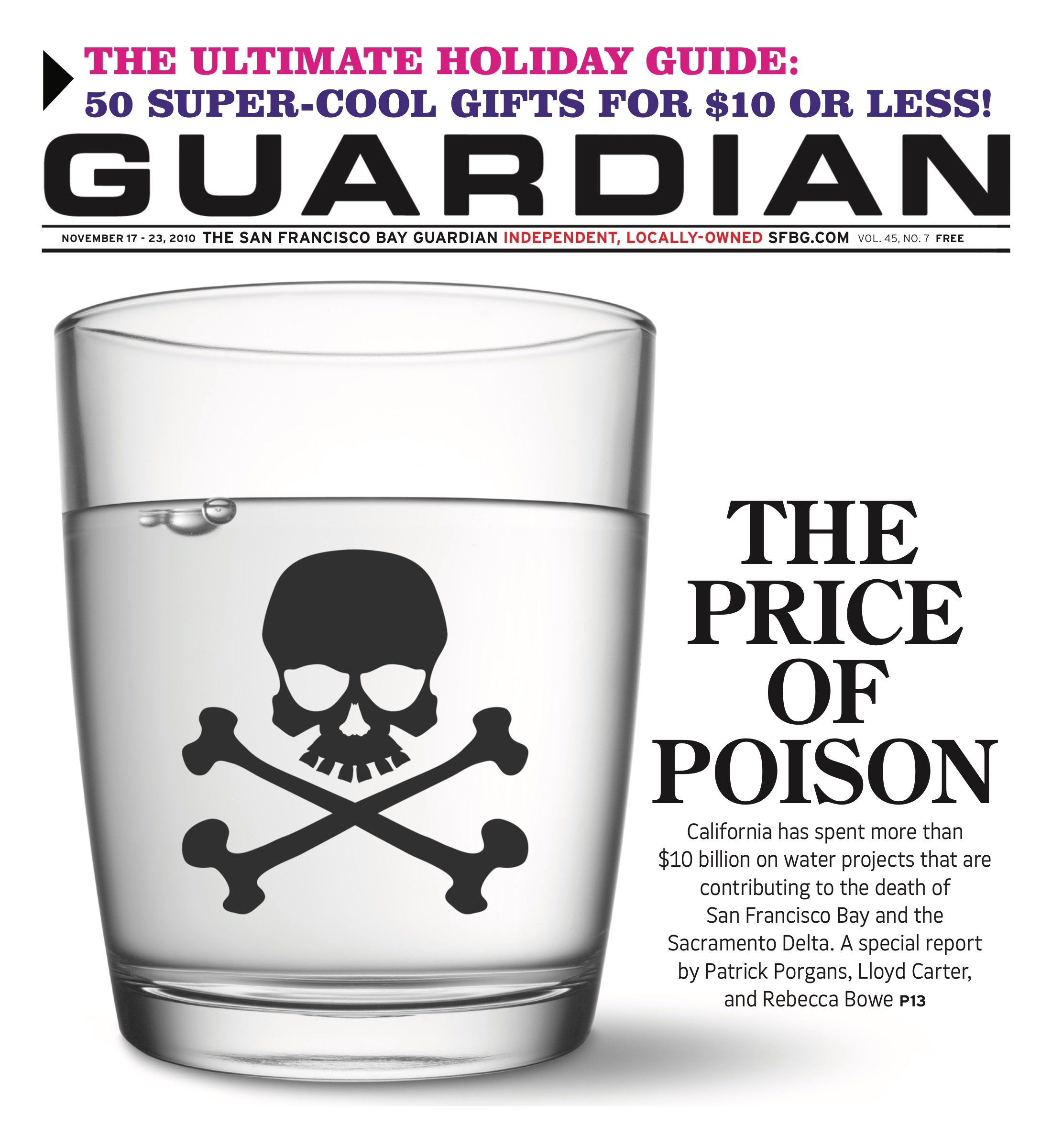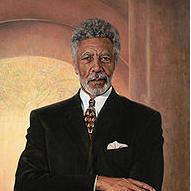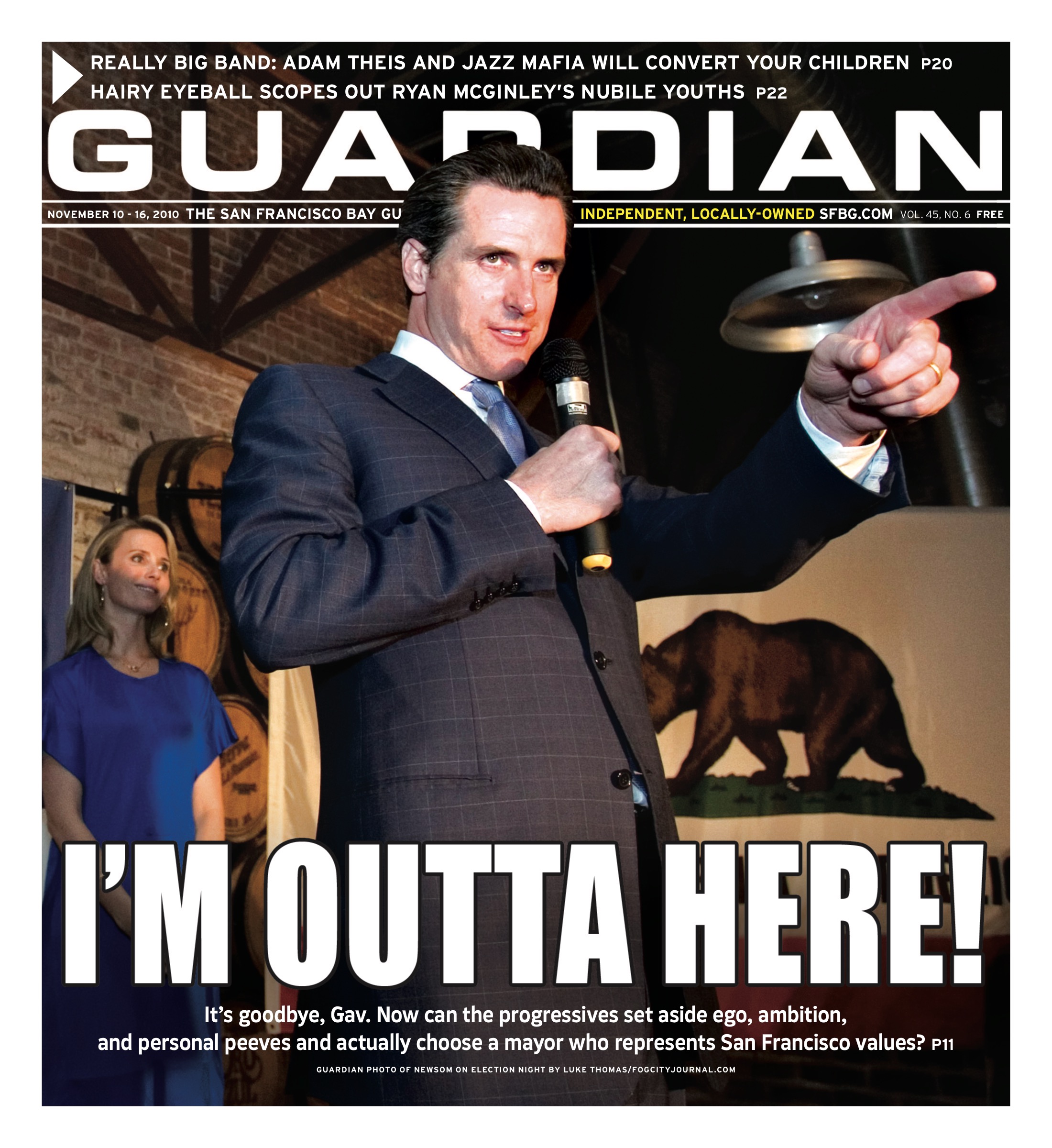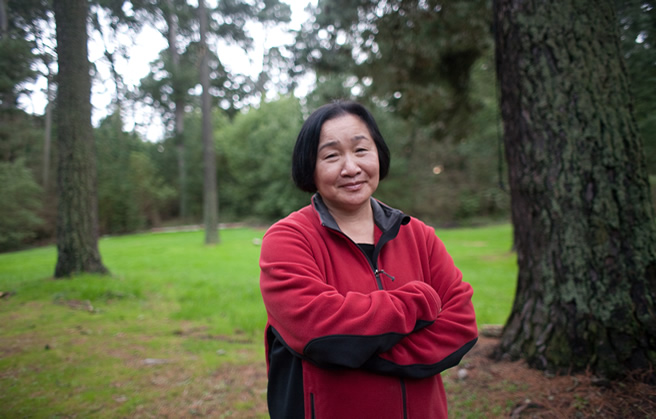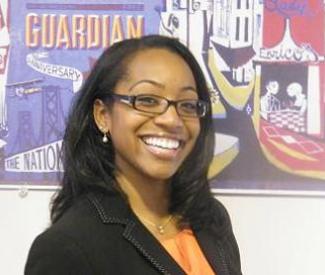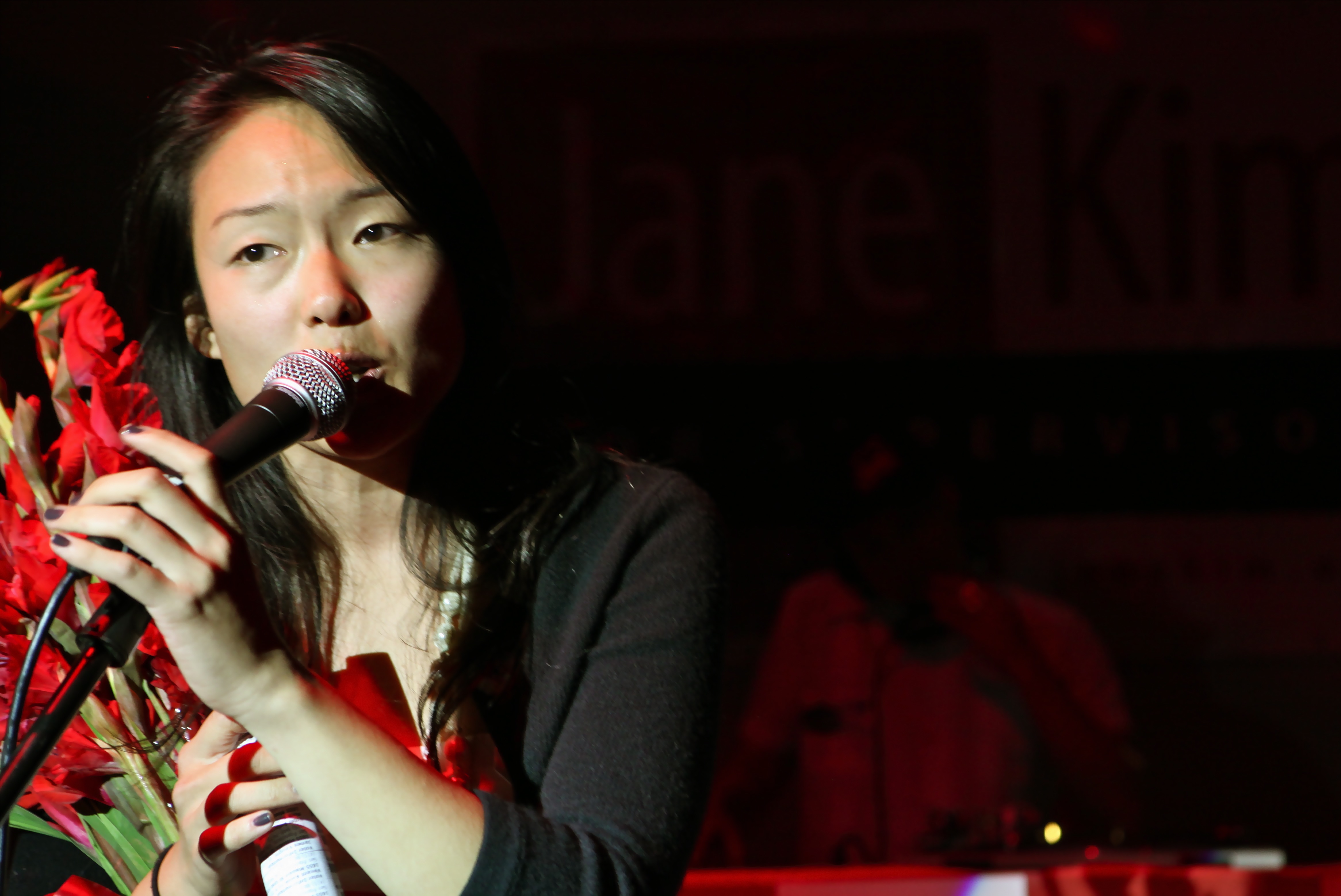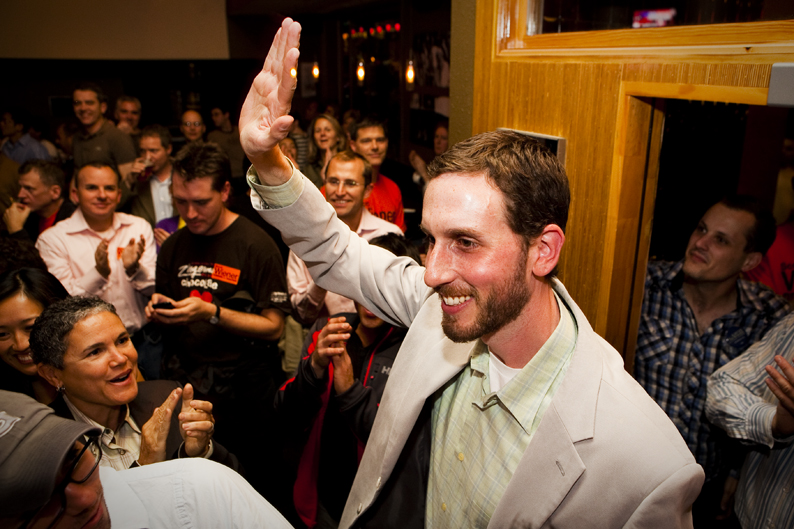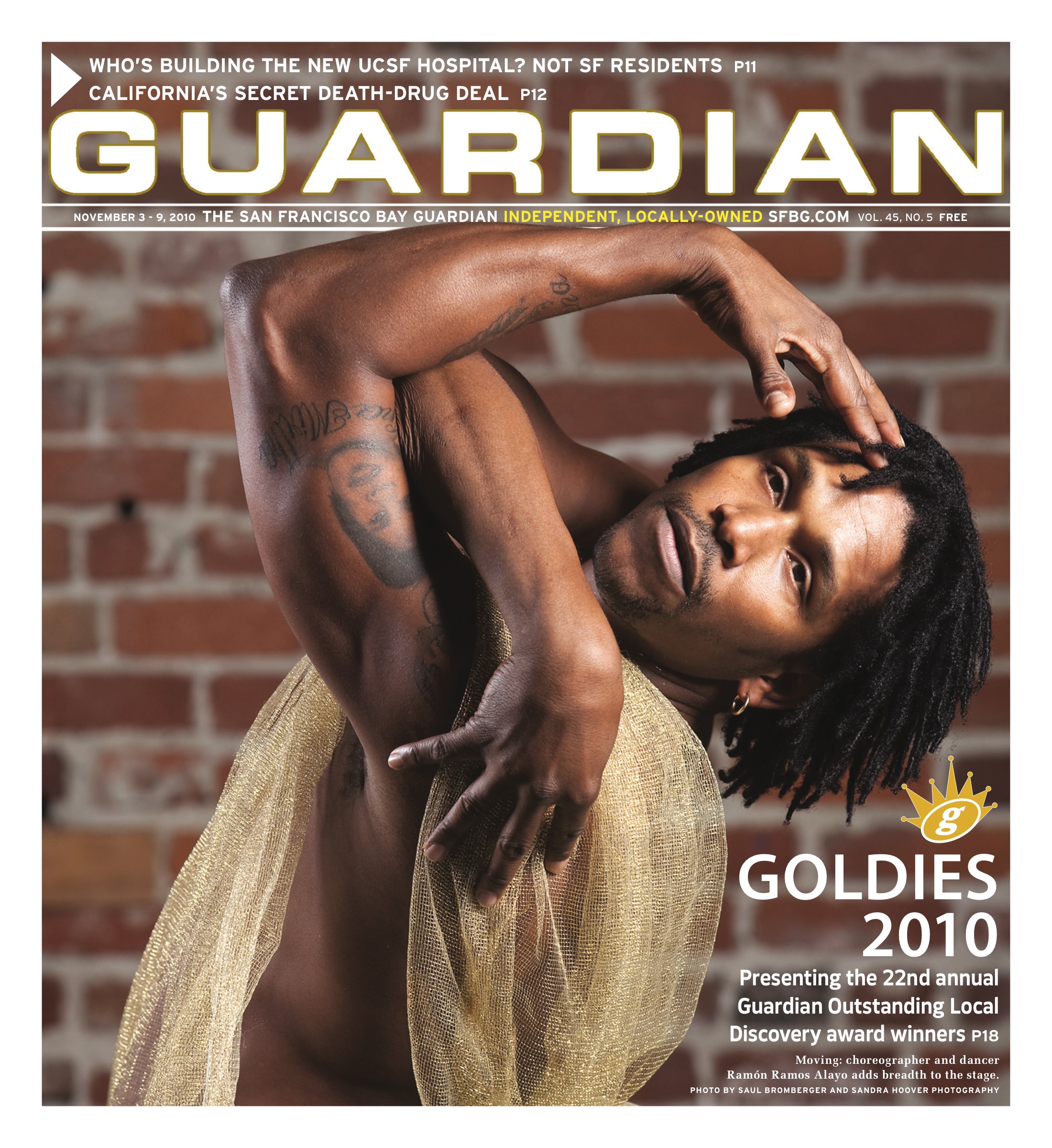steve@sfbg.com
The Board of Supervisors has unanimously adopted a set of procedures for choosing a new mayor to replace Gavin Newsom when he becomes California’s lieutenant governor on Jan. 3. The board is scheduled to formally begin the mayoral selection process Dec. 7 with a discussion of what people want in a new mayor and perhaps even the first votes on nominees for the office.
If the process of approving a process was any indicator, choosing a new mayor won’t be easy. Just sorting out how supervisors will vote on nominees, which the board spent hours doing Nov. 23, illustrated the complex political dynamics and potential for parliamentary gamesmanship at play on a body with a deep ideological divide.
Progressives are on the dominant side of that divide, with Sups. John Avalos, David Campos, David Chiu, Chris Daly, Eric Mar, and Ross Mirkarimi sticking together on a pair of 6-5 procedural votes that sought to dilute their voting power, an effort led by Sup. Sean Elsbernd and supported by his moderate colleagues.
Both sides accused the other of playing games with this all-important process, but the greatest complicating factor seems to be the California Political Reform Act and related conflict-of-interests case law. Because the mayor is paid more than supervisors, board members are barred from doing anything to influence the process to become the new mayor.
That means they can’t publicly voice a desire to become mayor or lobby colleagues for votes. And once supervisors have been nominated to be mayor and they accept that nomination, they must immediately leave the room and be sequestered incommunicado until they decide to withdraw their nominations and participate in the process, after which they may not be renominated.
But the newly adopted details of exactly how that process plays out — including when the vote is called on each nominee, how it is taken, and in what order — will determine if any nominees can get the six votes they need to serve as mayor for the final year of Newsom’s term.
If the current board can’t do it, then the newly elected board — which has an ideological breakdown similar to the current board, but with slightly different personal relationships and alliances — will take up the matter when it is sworn in on Jan. 11. And that board’s challenge won’t be any easier.
Board of Supervisors Clerk Angela Calvillo and the Santa Clara County Counsel’s Office (legal counsel in the matter after our own City Attorney’s Office recused itself, largely because City Attorney Dennis Herrera wants to be mayor) proposed procedures whereby all nominees leave the room while the remaining supervisors vote.
But as Daly noted, clearing several supervisors from the room would make it unlikely that those remaining could come up with six votes for anyone. He also said the system would deny too many San Franciscans of a representative in this important decision and allow sabotage by just a few moderate supervisors, who could vote with a majority of supervisors present to adjourn the meeting in order to push the decision back to the next board.
“The process before us is flawed,” Daly said.
So Daly sought to have the board vote on every nomination as it comes up, but Elsbernd argued that under Robert’s Rules of Order, nominations don’t automatically close like that and to modify a board rule that contradicts Robert’s Rules requires a supermajority of eight votes. Calvillo, who serves as the parliamentarian, agreed with that interpretation and Chiu (who serves as chair and is the final word on such questions) ruled that a supermajority was required.
Although some of his progressive colleagues privately grumbled about a ruling that ultimately hurt the progressives’ preferred system, Chiu later told the Guardian, “I gotta play umpire as I see the rules … We need to ensure the process and how we arrive at a process is fair and transparent.”
Nonetheless, Chiu voted with the progressives on the rule change, which failed on a 6-5 vote. But Daly noted that supervisors may still refuse nominations and remain voting until they are ready to be considered themselves, which could practically have the same effect as the rejected rule change. “If we think that’s a better way to do it, we can do it. But we don’t need to fall into the trap and subterfuge of our opponents,” Daly told his colleagues.
Elsbernd then moved to approve the process as developed by Calvillo, but Daly instead made a motion to amend the process by incorporating some elements on his plan that don’t require a supermajority. After a short recess to clarify the motion, the next battleground was over the question of how nominees would be voted on.
Calvillo and Elsbernd preferred a system whereby supervisors would vote on the group of nominees all at once, but Daly argued that would dilute the vote and make it difficult to discern which of the nominees could get to six votes (and conversely, which nominees couldn’t and could thereby withdraw their nominations and participate in the process).
“It is not the only way to put together a process that relies on Robert’s Rules and board rules,” Daly noted, a point that was also confirmed at the meeting by Assistant Santa Clara County Counsel Orry Korb under questioning from Campos. “There are different ways to configure the nomination process,” Korb said. “Legally, there is no prohibition against taking single nominations at a time.”
So Daly made a motion to have each nominee in turn voted up or down by the voting board members, which required only a majority vote because it doesn’t contradict Robert’s Rules of Order. That motion was approved by the progressive supervisors on a 6-5 vote.
After the divisive procedural votes played out, Chiu stepped down from the podium and appealed for unity around the final set of procedures. He said that San Franciscans need to have confidence that the process is fair and accepted by all. So, he said, “It would be great if we have more than a 6-5 vote on this.”
As the role call was taken, Sup. Carmen Chu was the first moderate to vote yes, and her colleagues followed suit on a 11-0 vote to approve the process.
That unity isn’t likely to last long as supervisors fill an office that wields far more power than any other in city government. But both sides voiced an appreciation for what a monumental task they’re undertaking. “This is without a question the most important vote that any of us will take as a member of the Board of Supervisors and one that everyone is watching,” Elsbernd said of choosing a new mayor.
Daly called for supervisors to open the Dec. 7 meeting with a discussion about what qualities they all want to see in a mayor. “We owe it to the public, we owe it to the city, to discuss it and have it out in the open,” he said, going on to criticize the idea of a nonpolitical “caretaker mayor” and say, “I would like to see a mayor that works with the Board of Supervisors.”
But as the parliamentary jousting between Daly and Elsbernd en route to a bare-bones set of procedures shows, such high-minded ideals are likely to be mixed with some tough political brawls, back room deals, and power plays using arcane rules that guide the deliberations of legislative bodies.
In fact, when Korb was asked whether the adopted process precludes new amendments or procedural gambits, he noted that the Nov. 23 vote was probably just the beginning “given the parliamentary skills of this board.”



